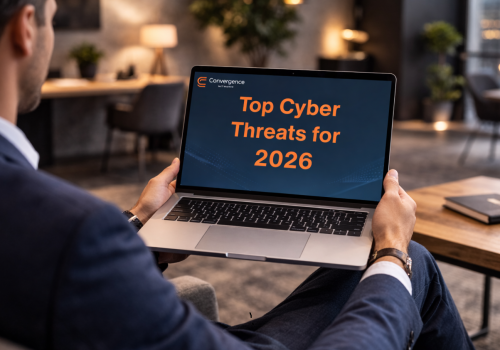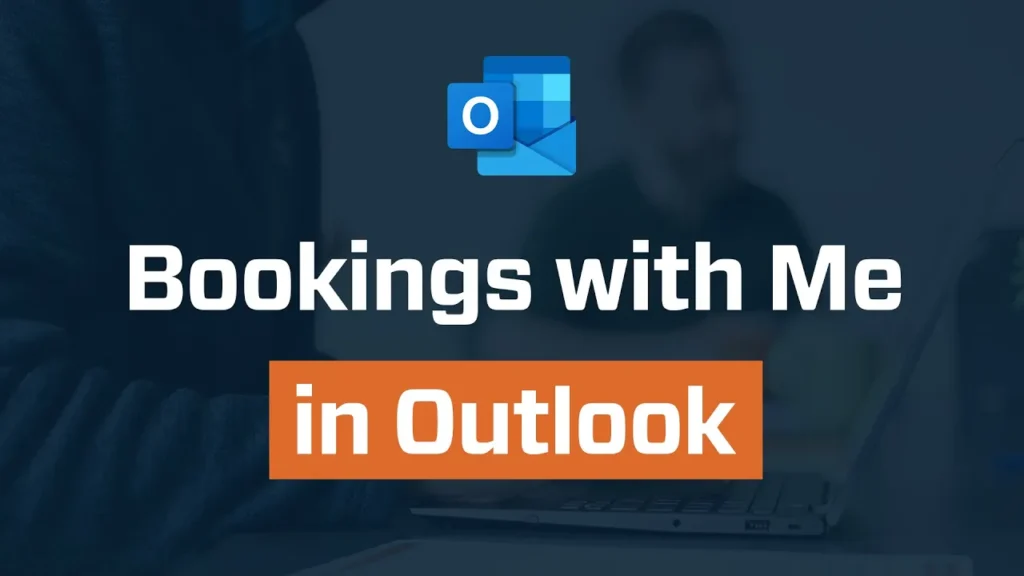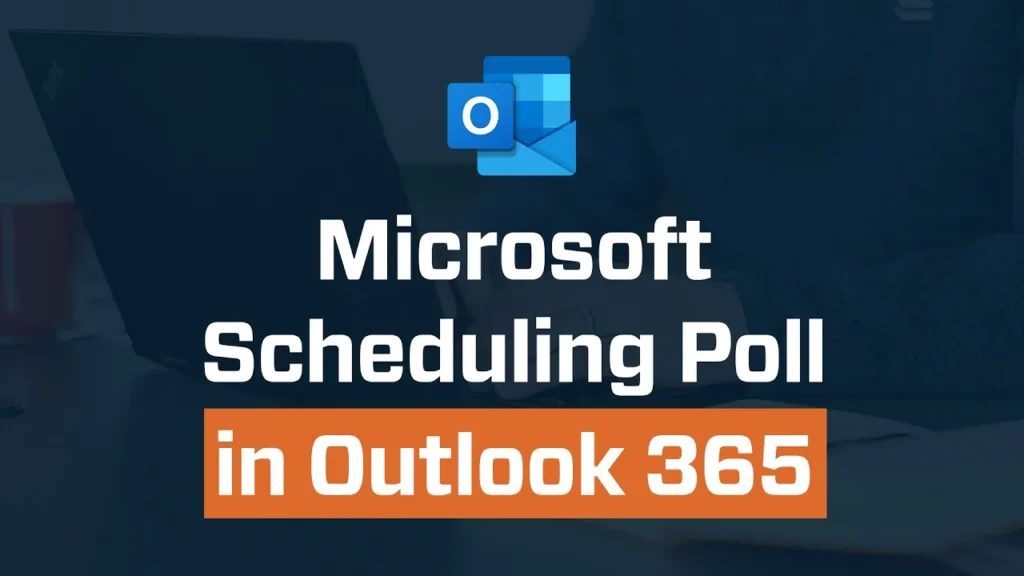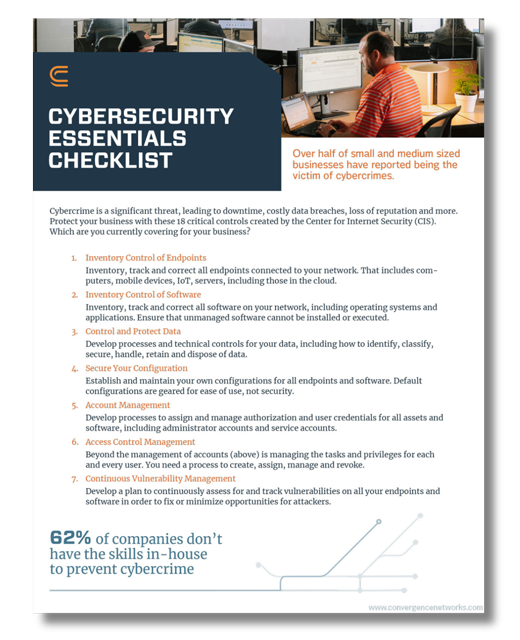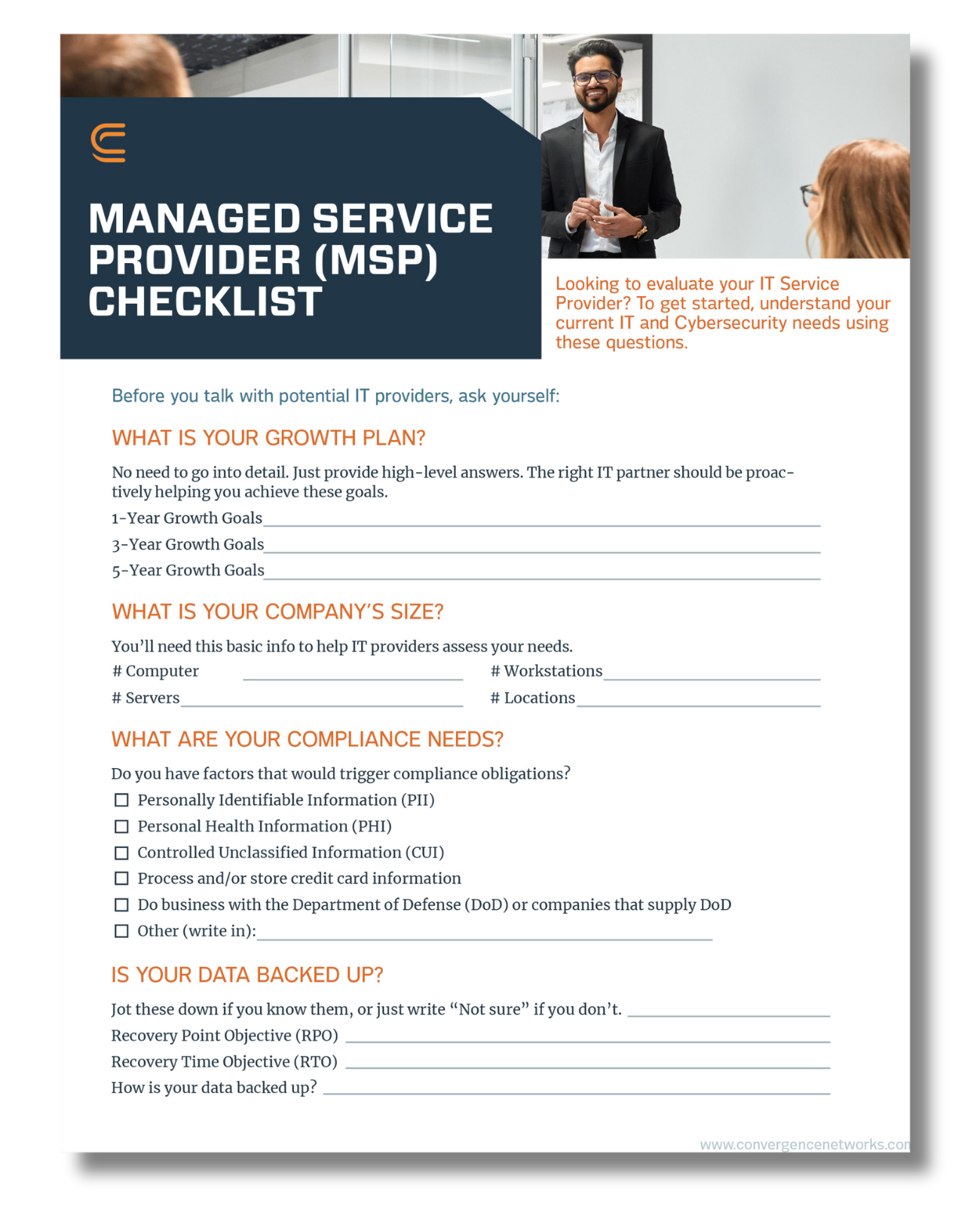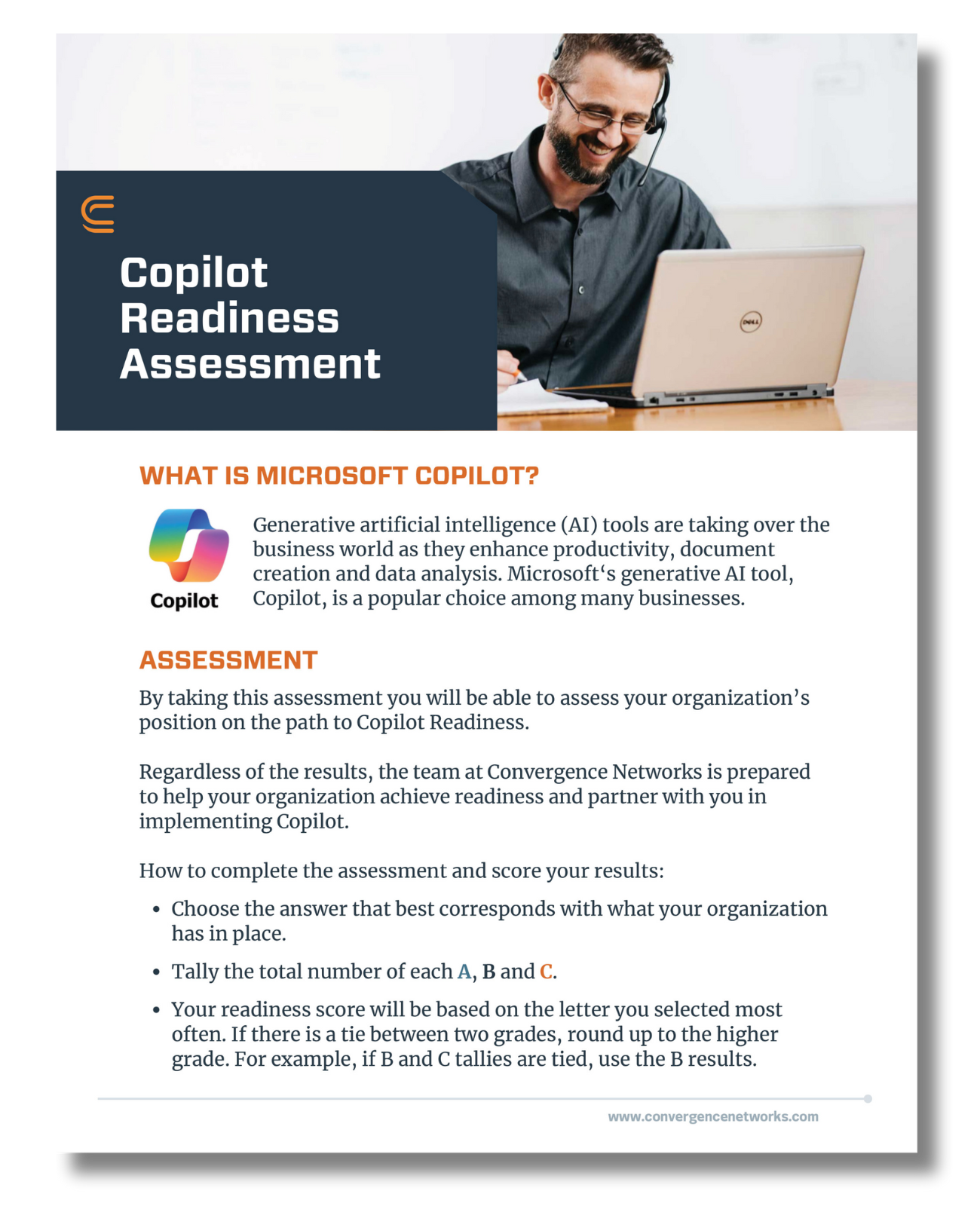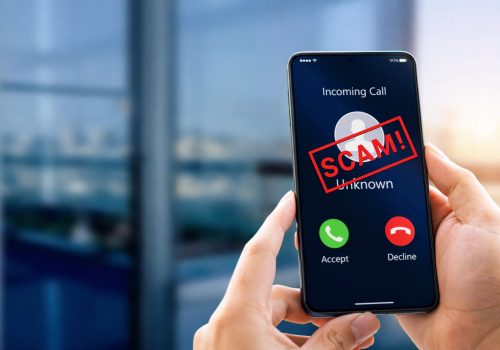The holiday season is a time for family, friends, and festivities, but it’s also a peak period for cyber threats. With increased online shopping, travel, and workplace distractions, cybercriminals see new opportunities to exploit vulnerabilities. Follow these top cybersecurity tips to keep your personal and work data safe this holiday season.
Stay Secure at Work
During the holidays, it’s common for businesses to experience higher levels of distraction, making them more susceptible to cyberattacks. Phishing emails are one of the most popular tactics, often disguised as holiday deals or workplace announcements.
Stay alert and cautious with unexpected emails, especially those requesting sensitive information or asking you to click on links. If you receive an unusual request, confirm it directly with your team before taking any action to avoid falling for a scam. Listen to what our Security Engineer, Raphael Ebba, has to say about phishing emails:
Stay Protected While Traveling
Traveling over the holidays can expose you to cybersecurity risks, especially when you’re relying on public resources like airport and hotel Wi-Fi networks.
Avoid using public USB power outlets, which could be modified by hackers to steal your data. Similarly, public Wi-Fi networks are often unsecured, making it risky to access sensitive accounts, such as banking or work emails. Instead, use a VPN to secure your connection, avoid connecting to public Wi-Fi, and keep your devices close and secure to avoid theft or tampering.
Create Strong Passwords
Avoid the common mistake of using the same password across multiple accounts. Instead, create strong, unique passwords that are harder to guess. Consider using a password manager to store your passwords securely, allowing you to keep track of them without compromising complexity and uniqueness. Strong passwords are one of the simplest yet most effective ways to enhance your cybersecurity during the holiday season.
Shop Smart with Online Purchases
With the holiday shopping season in full swing, online shopping scams also increase. Stick to trusted sites, and always look for “https” in URLs to ensure a secure connection. Consider using a virtual card number for added security when making purchases. Monitor your bank statements for any unusual activity and remember that if a deal seems too good to be true, it probably is.
Use Multi-Factor Authentication (MFA)
Adding multi-factor authentication (MFA) to your accounts creates an essential extra layer of security. Even if a cybercriminal manages to obtain your password, MFA can help block unauthorized access by requiring a second verification step, like a code sent to your phone. Enable MFA wherever possible, especially for high-sensitivity accounts, such as email, banking, and work-related logins. Listen to what Jonathan Wolff, Security Consulting and Assessment Team Lead at Convergence Networks has to say, about enabling Multi-Factor Authentication (MFA) on all your accounts, below:
Update Your Software and Devices
Before the holiday rush, take time to ensure that all software on your devices is updated, especially security patches for your operating systems, apps, and antivirus software. Hackers often exploit outdated software to gain access to your device, so keeping everything up-to-date is essential for staying secure. Automatic updates are a convenient way to stay on top of this without added hassle.
Be Cautious with Emails and Links
The holiday season often sees a rise in phishing attempts, with scammers impersonating popular retailers or charities. Be extra vigilant by checking the sender’s address and avoiding links or attachments from unknown sources. If you receive a suspicious email, report it to your IT department or follow your company’s procedures for handling potential phishing attempts.
Be Cautious of Unexpected Package Notifications
Package notification scams are common during the holidays, as cybercriminals send fake SMS texts or emails about unexpected deliveries. These messages often request payment or tracking information and may include harmful links. Scrutinize these notifications carefully, and don’t click on any links or provide payment details unless you are sure the request is legitimate.
The holiday season is a busy time, but keeping these cybersecurity tips in mind will help you stay protected from seasonal threats. For added convenience, download our Printable Cybersecurity Tips Sheet and keep it handy for quick reference at work or home.
Stay safe, and enjoy a secure holiday season!





